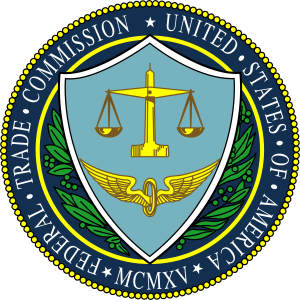We have previously posted about some of the often overlooked requirements of the FTC Endorsement Guidelines. Recent actions show that the FTC and other regulatory authorities are getting serious about enforcement.
In March 2011, a company selling a popular series of guitar-lesson DVDs agreed to $250,000 to
settle Federal Trade Commission charges that it deceptively advertised its
products through online affiliate marketers who falsely posed as ordinary
consumers or independent reviewers. According to the FTC release:
The Learn and Master Guitar program promoted by Legacy Learning and Smith is
sold as a way to learn the guitar at home using DVDs and written materials.
According to the FTC’s complaint, Legacy Learning advertised using an online
affiliate program, through which it recruited “Review Ad” affiliates to promote
its courses through endorsements in articles, blog posts, and other online
editorial material, with the endorsements appearing close to hyperlinks to
Legacy’s website. Affiliates received in exchange for substantial commissions
on the sale of each product resulting from referrals. According to the FTC,
such endorsements generated more than $5 million in sales of Legacy’s
courses.
The FTC’s revised guidelines on
endorsements and testimonials, issued in 2009,
explain in general terms when the agency may find endorsements or testimonials unfair or deceptive.
Under the guidelines, a positive
review by a person connected to the seller – or someone who receives cash or
in-kind payment to review a product or service – should disclose the material
connection between the reviewer and the seller of the product or service.
“Whether they advertise directly or through affiliates, companies have an
obligation to ensure that the advertising for their products is not deceptive,”
said David Vladeck, Director of the FTC’s Bureau of Consumer Protection.
“Advertisers using affiliate marketers to promote their products would be wise
to put in place a reasonable monitoring program to verify that those affiliates
follow the principles of truth in advertising.”
In August 2010, a public relations agency hired by video game developers agreed to pay $250,000 to settle Federal
Trade Commission charges that it engaged in deceptive advertising by having
employees pose as ordinary consumers posting game reviews at the online iTunes
store, and not disclosing that the reviews came from paid employees working on
behalf of the developers. The company also agreed to set up a monitoring program to ensure compliance going forward.
Other regulators have taken similar actions. In 2009 Lifestyle Lift, a cosmetic surgery company, paid $300,000 to settle with the
State of New York over its attempts to fake positive consumer reviews on the
Web regarding the results of face-lift procedures. .
Many aspects of social media provide great business opportunities, but it is important to ensure that your use, and your employee’s use, of social media is done in way that does not create legal liability.
 Internet & Social Media Law Blog
Internet & Social Media Law Blog



 The Federal Trade Commission
The Federal Trade Commission